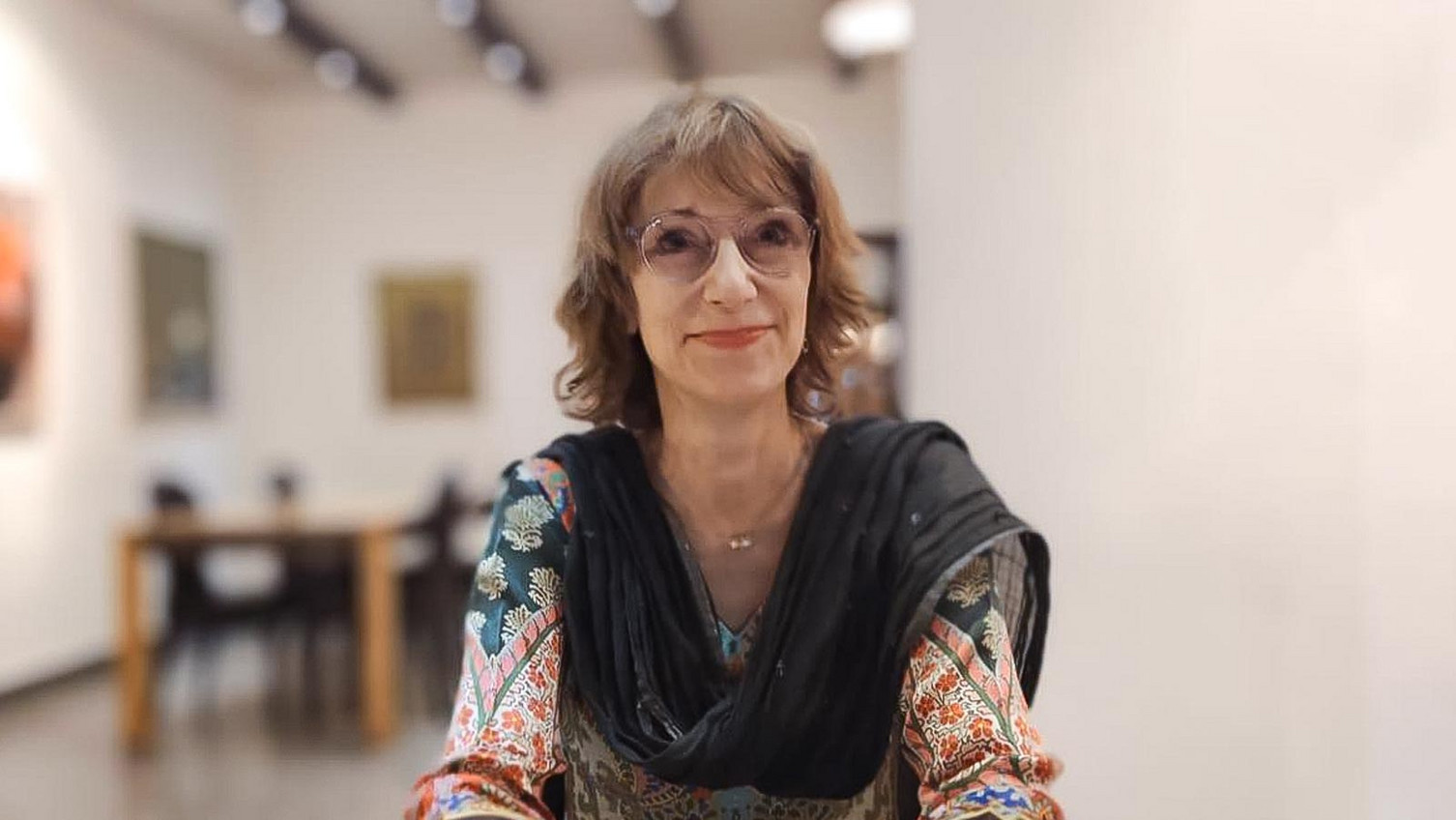M.A. Governance and Human Rights: Heike Alefsen - "Be persistent!"
2021-04-26 The lawyer and UN official has been teaching at Leuphana Professional School since the introduction of the part-time master’s programme. She became involved with Amnesty International while still at school, set up an office for the Council of Europe in post-war Sarajevo, and has been working on human rights and gender equality as staff of the United Nations for almost 20 years.
Heike Alefsen's most important advice for anyone wishing to work on human rights: "Be persistent, keep at it! Protecting human rights is a long-term task." The UN official helped to establish the M.A. Governance and Human Rights programme at Leuphana Professional School and has been a lecturer since the beginning: "If you want to achieve change, appeals to people’s conscience or morals will not get you very far. A solid academic education is required to be able to convince people and to change systems and structures," says Heike Alefsen. In the M.A. programme, she teaches about monitoring and reporting mechanisms relating to the implementation of human rights standards.
She herself was already involved with Amnesty International as a schoolgirl and later took time out from her university studies to work with Amnesty International’s USSR research team in London. After studying for her Applied Linguistics and Cultural Sciences degree in Germany, she went on to graduate with an LL.M. degree in International Human Rights Law from the University of Essex. At the same time, she worked at the Legal and Intergovernmental Organisations Office of Amnesty International's International Secretariat in London.
The 1993 World Conference on Human Rights in Vienna left a lasting impression. At that time, representatives of almost all countries of the world came together and declared their commitment to human rights, and Heike Alefsen was engaged with civil society efforts: "The 1990s were the time of world conferences, be it for the environment, women’s empowerment or human rights. Unfortunately, multilateralism is under threat these days. But I hope that the vision of human rights will prevail," says Heike Alefsen.
She moved on to the Human Rights Directorate of the Council of Europe in Strasbourg, worked with its new member states in Central and Eastern Europe and set up the organisation‘s office in Sarajevo after the end of the Bosnian War: "After the conflict, we supported the country with the development of the rule of law and human rights institutions," Heike Alefsen reports.
She has been working with the United Nations for almost 20 years now and describes herself as a human rights actor, looking back on numerous professional engagements in New York, Geneva, Thailand, Myanmar and Bangladesh. Heike Alefsen is currently the Regional Representative for the Pacific of the UN High Commissioner for Human Rights. The UN Human Rights Office in Fiji covers Australia and New Zealand as well as 14 Pacific island countries: "The human rights challenges are in general not as severe as in other parts of the world, but there are many issues, such as the impact of climate change and entrenched violence against women and girls. Two out of three experience violence in their lifetimes," notes Heike Alefsen. She and her 12-member team collaborate with representatives of the executive, judiciary, parliament and other partners in the region: "In some countries the legal system lacks independence, other democratic structures are underdeveloped or people are not aware of their rights.“ Although the Pacific has been largely spared the health impact of Covid-19, the pandemic has significantly affected its economies and social structures and constrained civil and political rights in the island countries. The UN representatives inform, advocate and support change. It is a process that requires patience and also seeks to amplify the voice of civil society.
Heike Alefsen says she benefits from the exchange with students in the master's programme "Governance and Human Rights". She teaches without remuneration as she may not hold another paid position in addition to her UN job: "It is good to work with students - we have excellent course participants who want to learn, effect change in their home countries and make a difference in their professional and personal lives. It’s a community of people who stand up for human rights."

